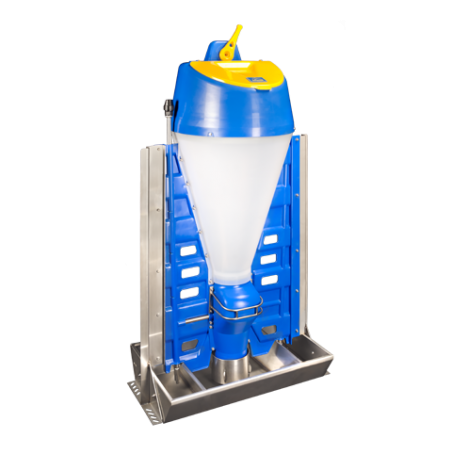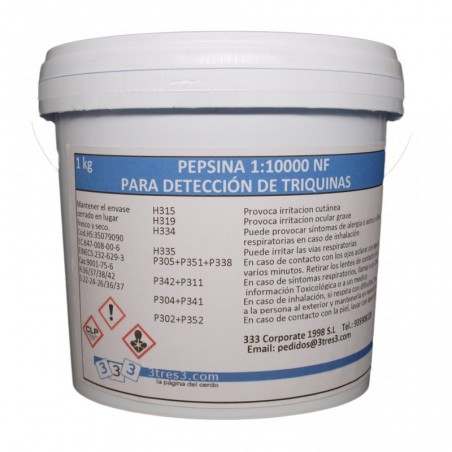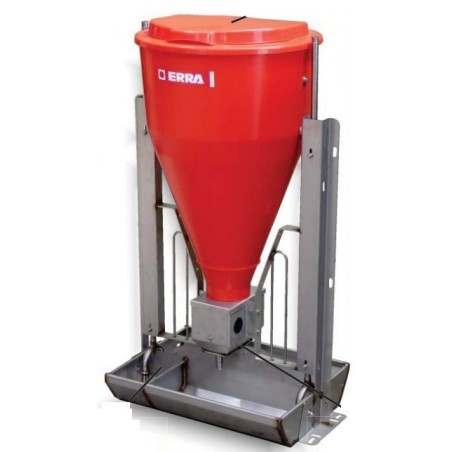An essential component in the development of sustainable pig production is the reduction of nitrogen excretion in fattening pigs. Pig feeds typically contain high levels of dietary crude protein, and due to incomplete conversion to muscle tissue, excess nitrogen is excreted, resulting in environmental problems such as nitrate pollution and greenhouse gas emissions. Therefore, improving protein efficiency (PE), i.e., the proportion of dietary protein that remains in the carcass, is desirable. The aim of this study was to estimate the heritability (h2) of PE and its genetic correlations with phosphorus efficiency, three performance, seven meat quality and two carcass quality traits when pigs were fed a 20% protein-restricted diet, using 1071 Swiss Large White pigs. To determine PE, the intake of feed with known nutrient content was accurately recorded for each pig and the nitrogen and phosphorus content of the carcass was determined using dual-energy X-ray absorptiometry.
We found an average PE of 0.39 ± 0.04 and a heritability of 0.54 ± 0.10. PE showed a high genetic correlation with phosphorus efficiency (0.61 ± 0.16), moderate genetic correlations with feed conversion ratio (− 0.55 ± 0.14) and average daily feed intake (− 0.53 ± 0.14), and a low genetic correlation with average daily gain (− 0.19 ± 0.19). While PE has favourable genetic correlations with the performance traits and some meat quality traits, there is a potentially unfavourable correlation of PE with meat colour (redness [rg = − 0.27 ± 0.17]; yellowness [rg = − 0.31 ± 0.18]) and intra-muscular fat (intra-muscular fat; rg = − 0.39 ± 0.15). Feed conversion ratio also showed unfavourable genetic correlations with meat lightness, redness yellowness, intra-muscular fat and cooking loss.

PE is a heritable trait that can be considered in breeding programs to reduce the environmental impact of pig production. We found no strong negative correlation of PE with meat quality traits, and that there is potential to indirectly select for improved phosphorus efficiency. Selecting nutrient efficiencies might be a more suitable strategy to reduce nitrogen pollution from manure than focusing on feed conversion ratio because the latter also shows genetic antagonism with some meat quality traits in our population.
Ewaoluwagbemiga EO, Bee G, Kasper C. Genetic analysis of protein efficiency and its association with performance and meat quality traits under a protein-restricted diet. Genetics Selection Evolution. 2023; 55: 35. https://doi.org/10.1186/s12711-023-00812-3










